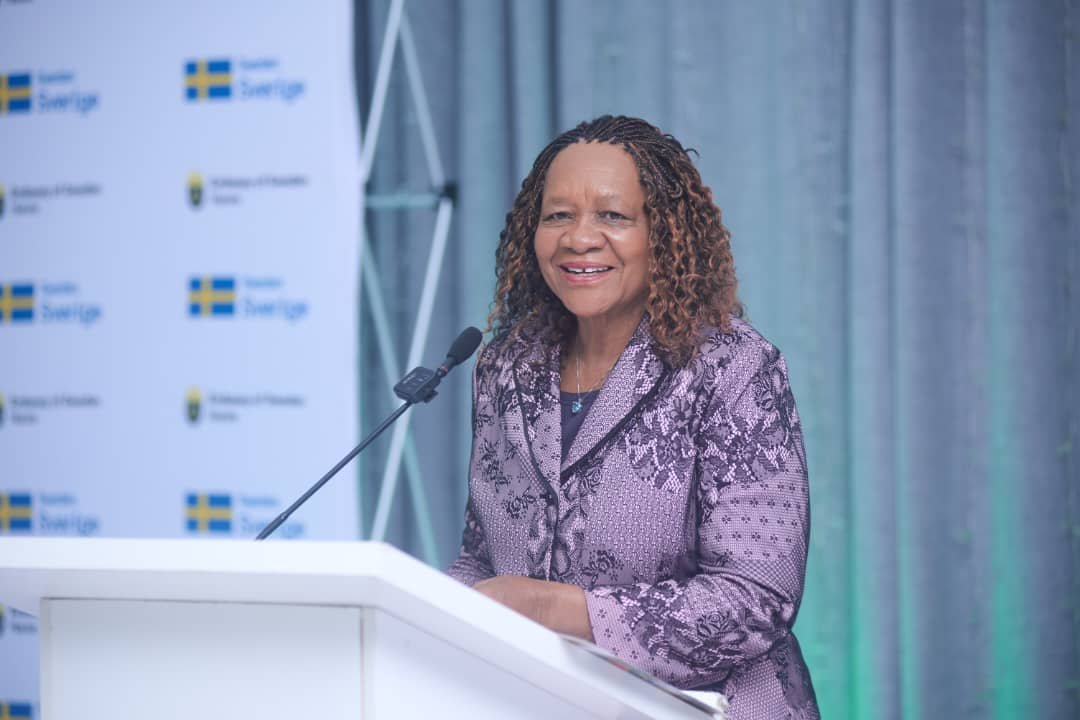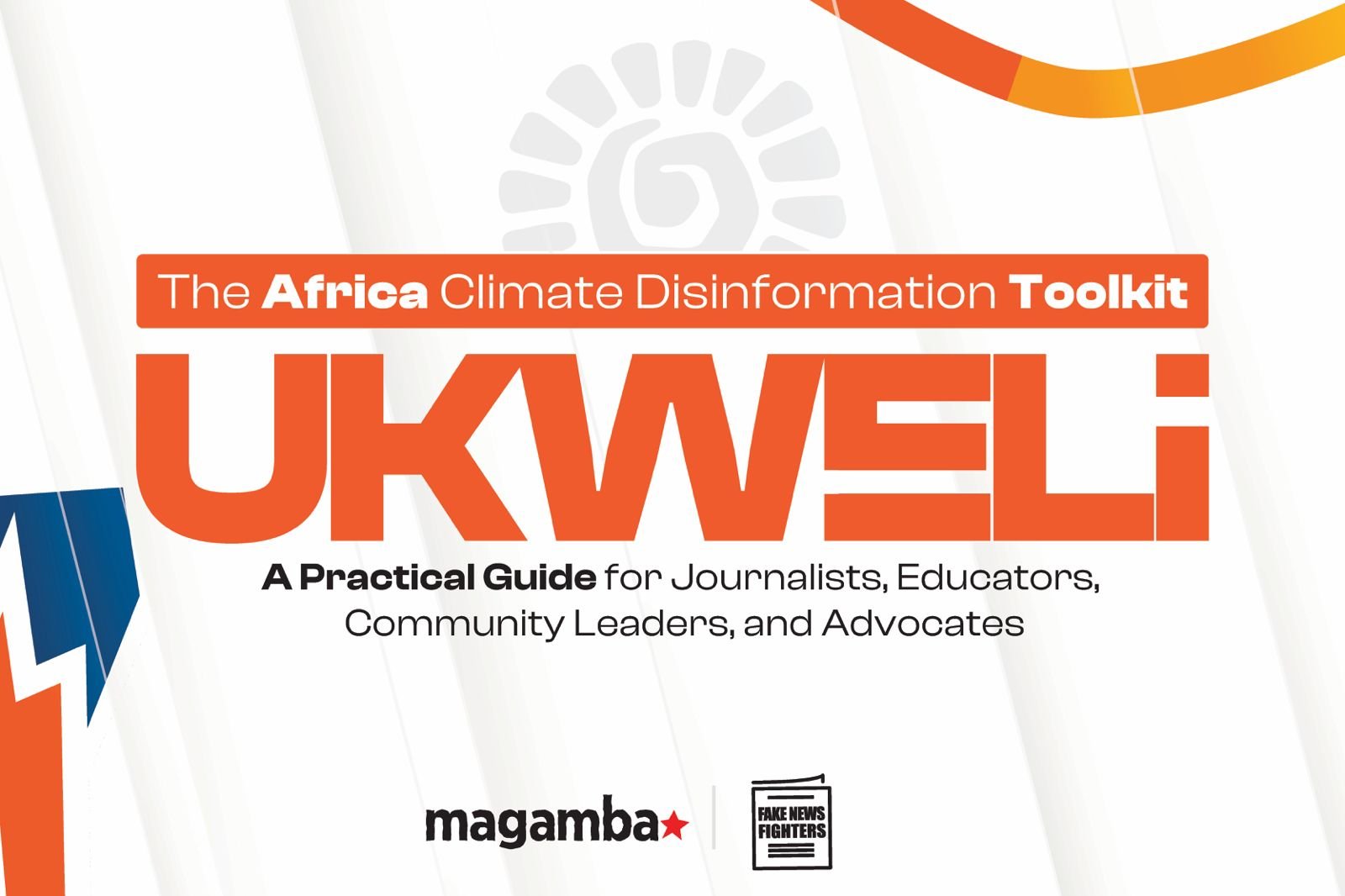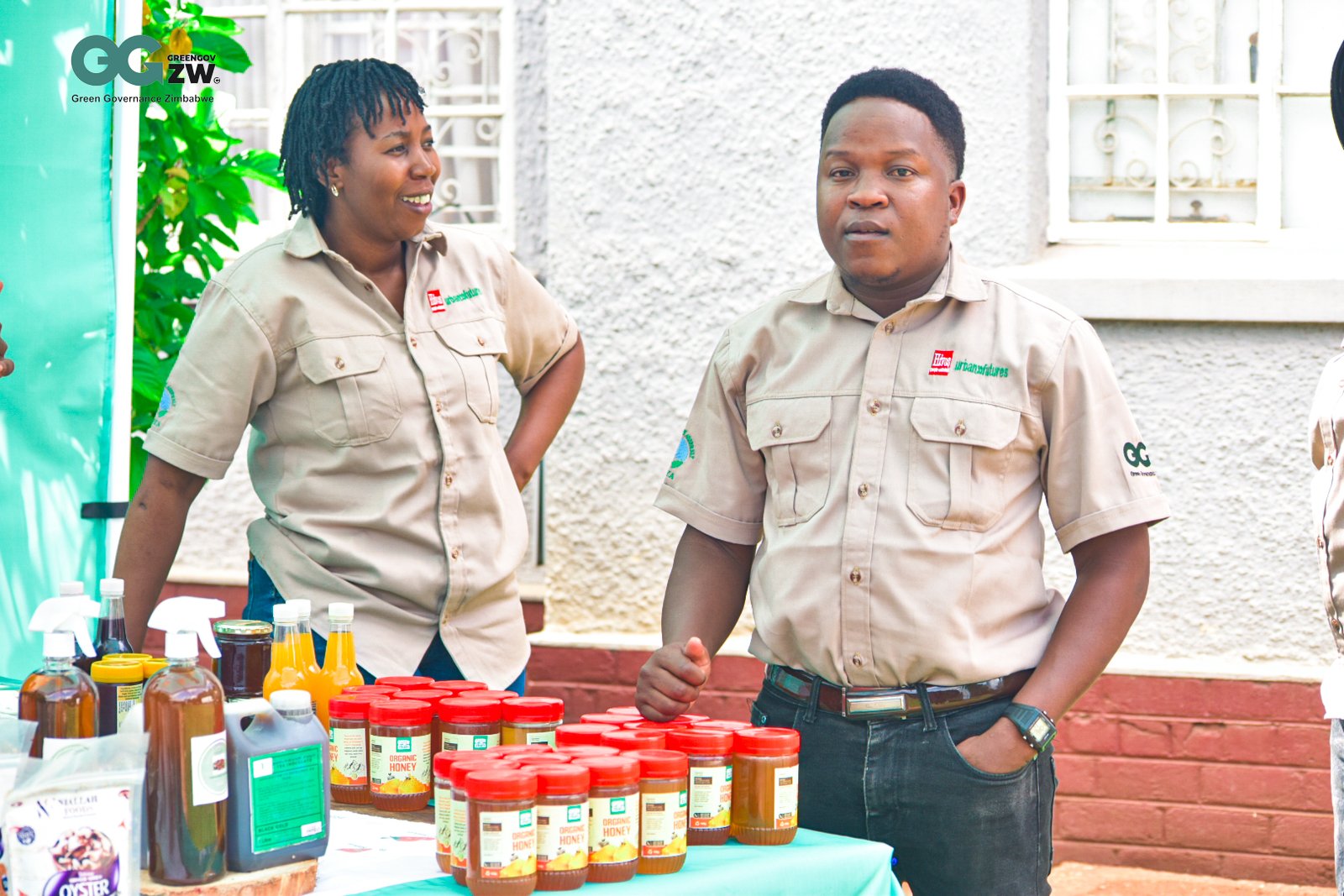The current and future impacts of climate change are no longer a distant threat, but a threat that we must urgently address.
The consequences of a warming planet are becoming more obvious, as major environmental issues like cyclones, rising sea levels, prolonged droughts, and devastating wildfires persist with fears of paying the high price of delaying climate action.
This was revealed by the Minister of Environment, Climate and Wildlife, Dr Evelyn Ndlovu, at the Utariri Day commemorations in Harare on Wednesday. Dr Ndlovu stressed the need for swift and coordinated efforts to combat climate change , warning that delayed responses would result in irreversible damage.
“Climate change is no longer an issue we can wait to respond to tomorrow. It is an issue we must address now..today, without fail,” she said.
Climate change is the defining crisis of our time, with far-reaching consequences that are already disrupting ecosystems, economies, and human lives worldwide.
“Climate change is arguably the greatest challenge facing humanity in the 21st century. Its impacts have significantly altered the natural world and affected global economic performance and human well-being,” she said.
Zimbabwe, like many African nations, has been hit hard by extreme weather events linked to climate change, including prolonged droughts and erratic rainfall. A UN global study estimates that damage from climate change to farming, infrastructure, productivity, and health will cost an estimated $38 trillion per year by 2050 and see a 19 percent reduction of income.
With the disproportionate impacts of climate change in Africa confirmed by several reports which confirm an increase in Africa’s average temperature is occurring faster than other parts of the world.
Dr Ndlovu said climate change is intensifying gender inequality, disproportionately burdening women and girls by worsening their limited access to resources, rights, and opportunities, ultimately undermining their ability to adapt to climate risks.
“This places the double burden of climate change and gender inequality on our communities, making women and girls even more vulnerable. They are more likely to have less access to economic and social services in the face of climate impacts.”
“This will exacerbate existing threats of limited education and livelihood opportunities for women and girls, already facing more restrictive resources and rights surrounding land tenure, social and legal services, and infrastructure. This ultimately negatively impacts the adaptive capacity of women and girls to climate risks,” she said.
The Minister also noted that Africa bears disproportionate climate impacts despite contributing less than 4% of global emissions, while having minimal resources to adapt.
She called for increased localized climate financing, stressing that while effects are global, vulnerabilities vary and demand tailored solutions for community specific challenges.
“We as Africa have limited financial capacity to adapt to the impacts of climate change, despite contributing less than four percent of global greenhouse gas emissions.”
“We are therefore also being challenged today as Government to increase climate finance flows to the local level, to address these very local and very specific needs because while the impacts of climate change are being experienced globally, they are not evenly distributed.”
While climate change is a global issue, much of the leadership must start at the national and local levels.
“The reality is that Adaptation needs and vulnerabilities are locally specific. It is our communities and actors on the ground that are best placed to identify and implement the interventions needed to respond to their climate vulnerabilities,” she said.
Dr Ndlovu acknowledged that enhancing direct access to climate finance is essential to implement the ‘principles of locally led adaptation’ established in 2021. These principles are recognized as best practices for designing and funding effective adaptation interventions at the local level, ensuring that communities can better respond to climate challenges.
“This includes strengthening their direct access to climate finance for us to realise the rewards of the ‘principles of locally led adaptation’ developed in 2021 and increasingly being viewed as best practice for designing and funding adaptation interventions at the local level.





